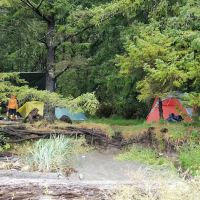Cape Alava Introduce
For Washington residents who seek the pinnacle of wild coastal beauty and an unforgettable backpacking experience, Cape Alava within Olympic National Park stands as a truly iconic destination. This isn't just a place to pitch a tent; it's the westernmost point in the contiguous United States, offering a blend of historical significance, pristine natural landscapes, and a challenging yet profoundly rewarding wilderness camping adventure. It’s a place where the ancient old-growth forest meets the dramatic Pacific Ocean, creating a uniquely Pacific Northwest experience.
Cape Alava is consistently lauded by visitors for its breathtaking beauty, especially during clear weather. Imagine "tons of birds on the beach," exploring "cool rock formations and lots of tide pools," and witnessing "amazing sunset" that paint the sky in fiery hues, with distant islands silhouetted against the horizon. As one enthusiastic reviewer perfectly encapsulated, "Cape Alava is one of the most picturesque areas of the wilderness coast." Beyond the visual splendor, the area is teeming with life, offering abundant wildlife viewing opportunities, including seals and sea lions audible from nearby islands. The chance to witness the Milky Way in full glory on a clear night adds an ethereal dimension to the experience.
However, this isn't a casual car camping spot. Accessing the wilderness campsites at Cape Alava requires a commitment to backpacking, and importantly, it is a "reservation only" area, emphasizing the need for advance planning and adherence to park regulations, including the mandatory use of a "bear canister." This guide will provide a comprehensive overview of Cape Alava, delving into its unique geographical location, the essential services (and lack thereof) that define its wilderness nature, and the exceptional features that make it a premier destination for Washington locals seeking a truly wild and memorable outdoor escapade.
Cape Alava is a geographically significant and visually stunning location within Olympic National Park, situated near Clallam Bay, WA 98326, USA. Its most notable characteristic is its designation as the westernmost point in the contiguous United States, making it a unique landmark for adventurers.
To reach Cape Alava, visitors typically begin their journey at the Ozette Lake Trailhead, which is located at the far western edge of the Olympic Peninsula. From major population centers like Seattle, the drive to the Ozette Lake Trailhead can take approximately 4 to 5 hours, often involving scenic routes through the Olympic National Forest and coastal communities. From Port Angeles, a major gateway city to Olympic National Park, the drive is shorter but still substantial.
Once at the Ozette Lake Trailhead, Cape Alava is not directly accessible by vehicle. It requires a hike of approximately 3.3 to 3.5 miles (about 5.3 to 5.6 kilometers) to reach the coast. This hike traverses a well-maintained boardwalk trail through lush, old-growth coastal forest. The path is generally considered easy for experienced hikers, making the journey itself an enjoyable part of the experience. Upon reaching the coast, hikers will find themselves at the prominent headland of Cape Alava.
The campsites associated with Cape Alava are wilderness sites located directly on the beach or in the immediate forest edge around this point. This means campers must pack in all their gear and supplies. The area is part of the larger Ozette Loop Trail, which often includes challenging beach hiking, navigating tide pools, and potentially slippery or muddy sections depending on recent weather. While the trailhead is accessible by paved roads, the final leg to the camping areas is a dedicated backpacking trek, immersing visitors deep into the remote and picturesque Olympic Wilderness Coast.
Cape Alava offers a quintessential wilderness camping experience within Olympic National Park, meaning services are minimal and designed to preserve the natural environment. Visitors must be highly self-sufficient and prepared for backcountry conditions.
- Wilderness Campsites: The area provides designated wilderness campsites. These are not individually numbered or developed sites with picnic tables or fire rings like a traditional campground. Campers choose an appropriate spot within specified zones, adhering strictly to Leave No Trace principles.
- Permit Required: Camping at Cape Alava is by reservation and permit only. All overnight stays require a wilderness permit obtained in advance from Olympic National Park. This system helps manage visitor impact on this sensitive ecosystem.
- Primitive Composting Toilets: A significant amenity for a wilderness area, Cape Alava does have primitive composting toilets at designated locations within the camping areas. While basic, these facilities are crucial for human waste management and environmental protection.
- Freshwater Access: Fresh water is present at Cape Alava, typically from small streams or seeps. However, this water is not potable and must be filtered, purified, or boiled before consumption. Campers must carry appropriate water treatment systems.
- Bear Canister Requirement: A mandatory requirement for food storage, bear canisters are required for all overnight campers in this area. This is essential for protecting both human food supplies and local wildlife (bears, raccoons, etc.) by preventing habituation to human food.
- Pack It In, Pack It Out: There are no garbage facilities. All trash, including food scraps and even micro-trash, must be packed out by the camper, leaving no trace behind.
- No Campfires: Open fires are generally prohibited in the wilderness coastal areas of Olympic National Park to protect sensitive ecosystems and reduce wildfire risk. Campers should plan for stove-only cooking.
- Ranger Station Support: While not at the campsite itself, the Wilderness Information Center at the Port Angeles Ranger Station (which can be visited or called) provides essential information, permits, and current conditions for backcountry trips.
These services, though basic, are crucial for managing human impact and ensuring the preservation of Cape Alava's pristine wilderness, making it suitable for experienced and responsible backpackers.
Cape Alava, as a premier wilderness destination on the Olympic Coast, is rich with features and highlights that promise an unforgettable experience for Washington's outdoor enthusiasts.
- Westernmost Point in the Contiguous U.S.: This unique geographical distinction is a major draw. Standing at Cape Alava offers a tangible connection to the vastness of the American landscape, symbolizing the ultimate frontier of the lower 48 states.
- Picturesque Coastal Scenery: The area is renowned for its breathtaking beauty. Expect dramatic stretches of sandy beach punctuated by fascinating rock formations, sea stacks (a few islands visible in the distance), and the raw power of the Pacific Ocean.
- Abundant Tide Pools: At low tide, extensive tidal pools and mudflats emerge, teeming with marine life. This offers incredible opportunities for exploring and observing sea stars, anemones, crabs, and various other fascinating creatures.
- Incredible Sunsets and Night Skies: On clear days, the sunsets are described as "amazing," painting the sky with vibrant colors over the Pacific. At night, away from light pollution, the "magnificent views of the Milky Way" are a true highlight for stargazers.
- Old-Growth Forest Hike: The journey to Cape Alava involves an "easy hike" of about 3.3 miles through majestic old-growth forests on a well-maintained boardwalk. This provides a diverse landscape experience, transitioning from deep forest to open coast.
- Abundant Wildlife: The remote coastal environment supports a rich diversity of wildlife. Visitors can observe numerous bird species on the beach, and the calls of seals and sea lions can often be heard from nearby islands, adding to the immersive nature experience.
- Secluded Camping: Despite its popularity, the wilderness camping designation allows for a sense of seclusion within the multiple campsites scattered throughout the area, providing a quiet and peaceful overnight stay.
- Historical Significance: The Ozette area holds significant historical and cultural importance, particularly for the Makah Tribe, with archaeological sites nearby. While sensitive, this adds another layer of depth to the landscape.
These features collectively make Cape Alava one of the "best places in ONP" for those seeking a profound connection with Washington's wild, beautiful, and ecologically rich coastal environment.
For all inquiries regarding Cape Alava wilderness camping, including permit requirements, current conditions, and regulations, the primary contact is Olympic National Park. There is no direct phone number for the Cape Alava campsite itself, as it is a wilderness area.
Address (for the general park and mailing):
Olympic National Park Headquarters
600 East Park Avenue
Port Angeles, WA 98362, USA
Key Contact Information:
- Olympic National Park Main Information Line: (360) 565-3130
- Wilderness Information Center (WIC): (360) 565-3100
- Mobile Phone: +1 360-565-3130 (This is the general park phone number and can also be used for wilderness inquiries).
- Website: The official website for Olympic National Park (www.nps.gov/olym) is an essential resource. Look for sections on "Backpacking & Camping," "Wilderness Permits," and "Trip Planning." This site will have the most up-to-date information on trail conditions, closures, tide tables (critical for coastal hiking), bear canister requirements, and safety guidelines.
It is absolutely mandatory to obtain a wilderness permit in advance for overnight stays at Cape Alava. These can often be reserved through recreation.gov or directly through the park's Wilderness Information Center. Additionally, checking current tide tables for the Olympic Coast (specifically the La Push or Neah Bay areas) is crucial for safe passage along the beach sections, as some areas can become impassable at high tide. Always contact the WIC or check the official website immediately prior to your trip for the most current information.
Cape Alava represents a quintessential Washington outdoor experience, making it profoundly suitable for locals who cherish the state's wild beauty and embrace adventurous pursuits. It’s not just a campsite; it’s a journey to the very edge of the contiguous United States, offering a unique blend of geographical significance, breathtaking natural splendor, and a challenging yet incredibly rewarding backpacking adventure.
For many Washingtonians, the appeal lies in its unadulterated wilderness. This isn't a place for those seeking creature comforts; it's for those who want to disconnect and immerse themselves in a truly primitive setting. The requirement for reservations and bear canisters, coupled with the "pack it in, pack it out" ethic, aligns perfectly with the responsible outdoor ethos prevalent among local adventurers. This ensures the preservation of the pristine environment that makes Cape Alava so special for future generations of Washingtonians.
The hike itself, an "easy" 3.3 miles through old-growth forests on a boardwalk, provides a beautiful preamble to the coastal grandeur. Once on the beach, the extensive tide pools offer an engaging opportunity for families and individuals to explore marine life, while the cool rock formations and distant islands create a dramatic backdrop. And for those clear evenings, the chance to witness an "amazing sunset" over the Pacific followed by the "magnificent views of the Milky Way" transforms a simple overnight stay into an astronomical marvel – experiences deeply cherished by those who call Washington home.
The abundant wildlife, from seals and sea lions to diverse birdlife, adds another layer of connection to the natural world that locals value. Cape Alava is a testament to the raw, untamed beauty of the Olympic National Park, a place where Washington residents can test their wilderness skills, find profound solitude, and create unforgettable memories against a backdrop of unparalleled natural wonder. It’s an adventure that truly embodies the spirit of the Pacific Northwest and is a must-do for any local seeking a deeper connection with their state's remarkable wild coast.
Alternative Option
Cape Alava Details
Service options
- On-site services
Activities
- Hiking
Amenities
- Public toilet
- Running water
- Tent sites
Children
- Good for kids
- Kid-friendly hikes
Cape Alava Photos
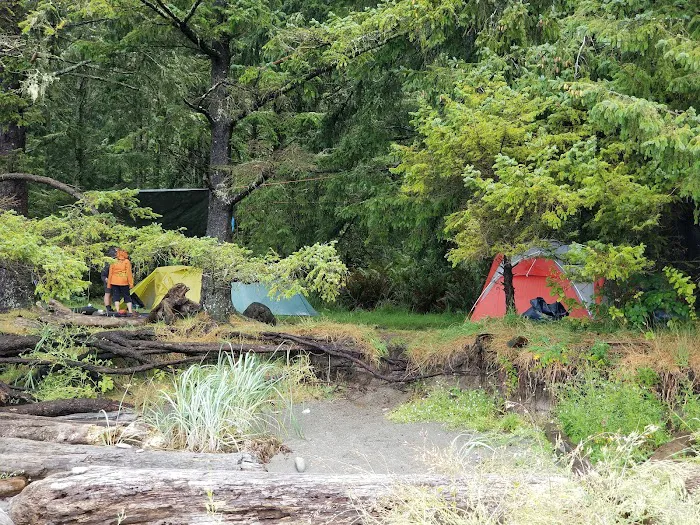
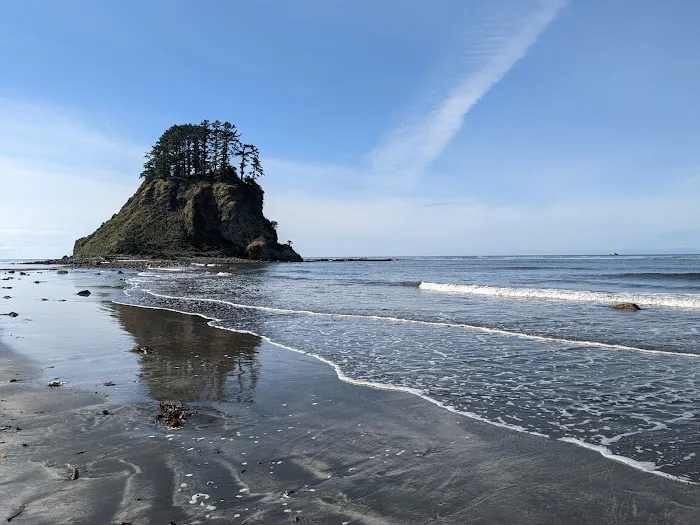
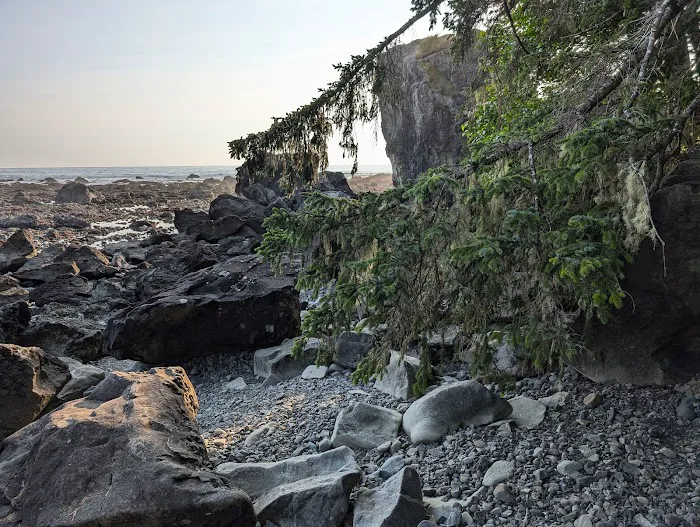
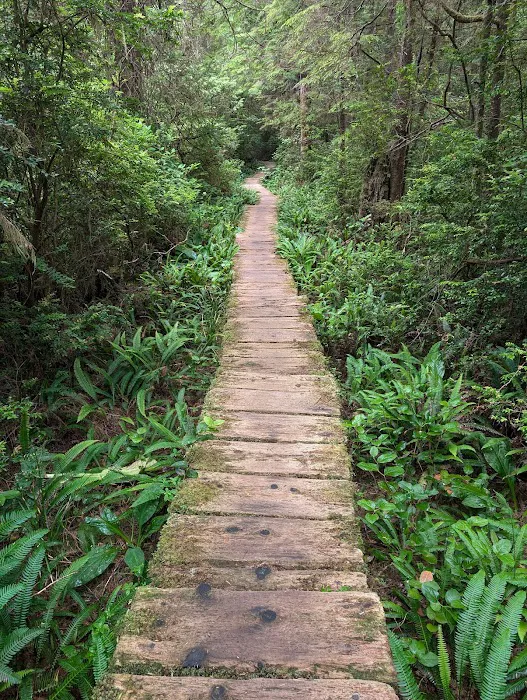
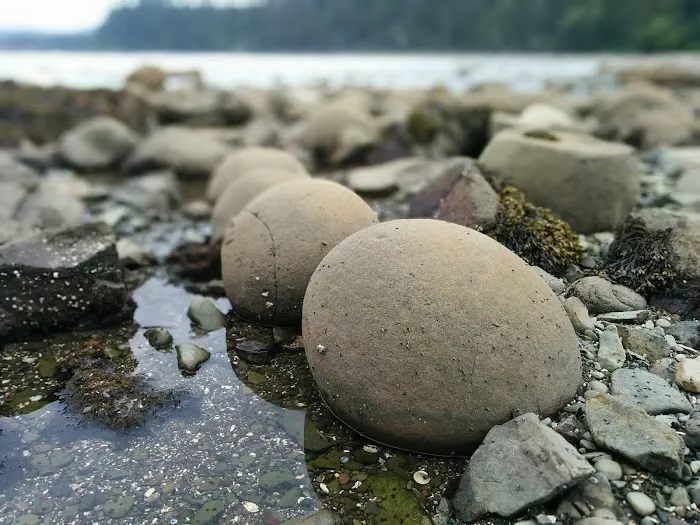
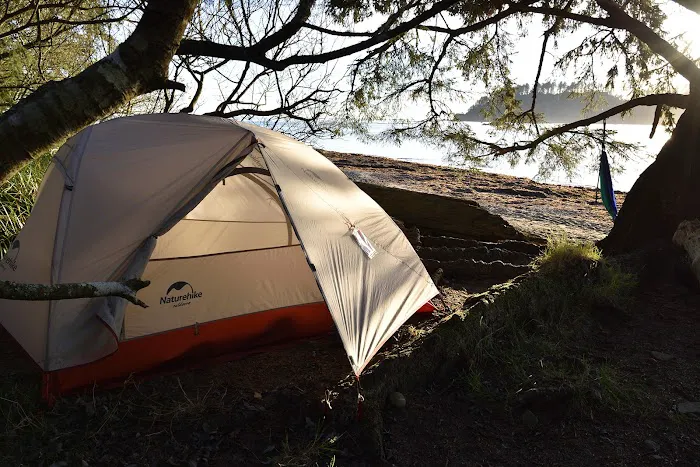
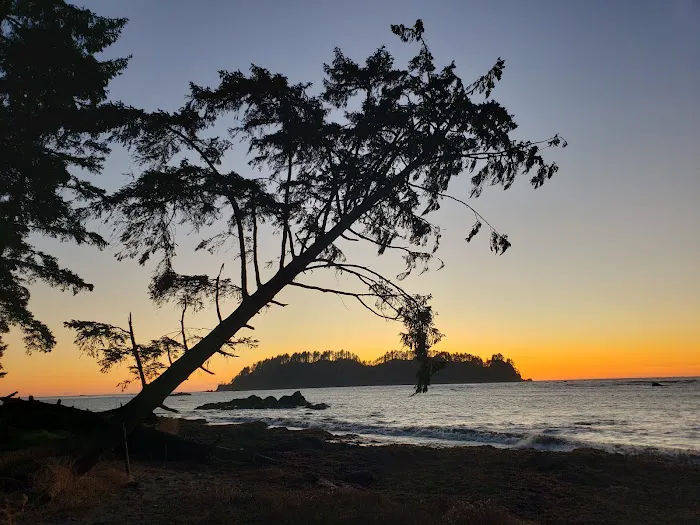
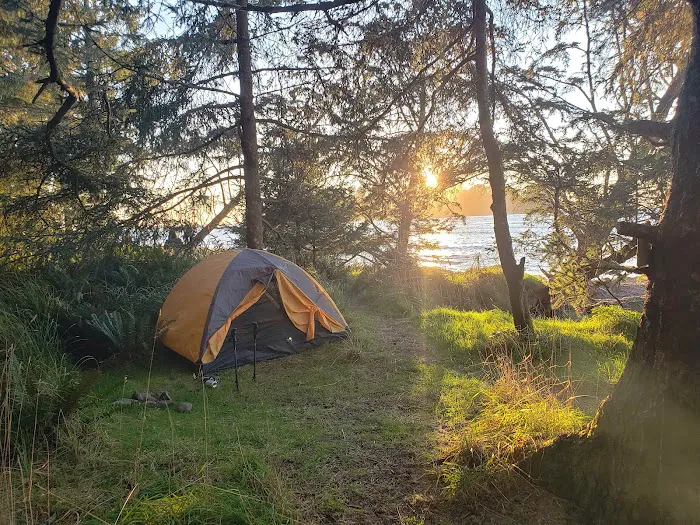
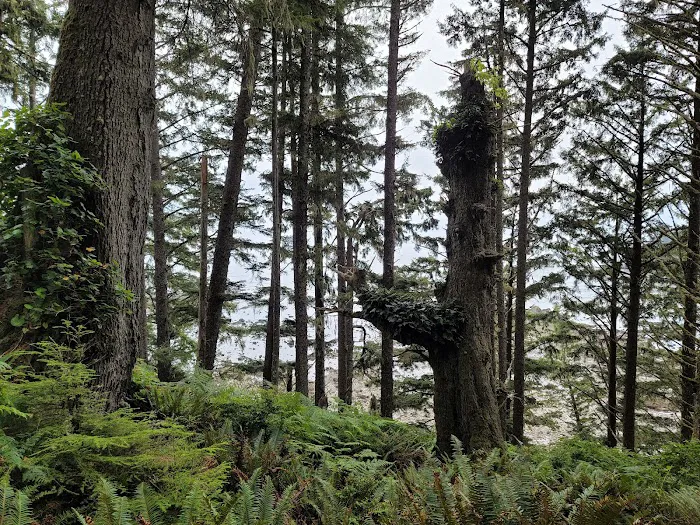
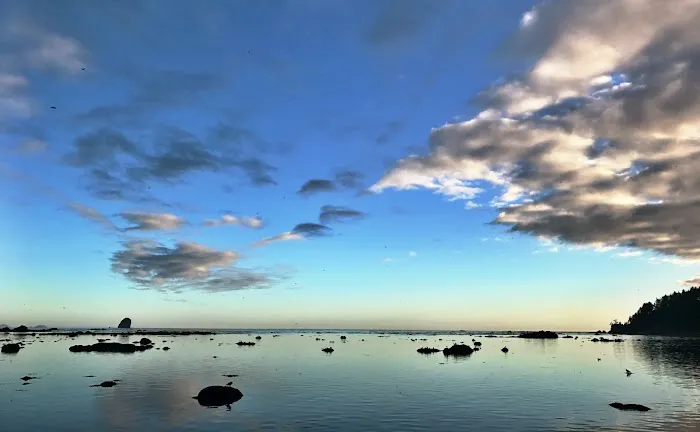
Cape Alava Location
Cape Alava Reviews
trailtidecoastranger stationsealssunsetsea lionsnational parksleep
★ 5★ 4★ 3★ 2★ 1Its a beautiful place. I went during beautiful sunny weather. Tons of birds on the beach. Cool rock formations and lots of tide pools to check out. There are a few islands out in the distance. We had an amazing sunset as well.
November 09 · Eric McKinnisCape Alava is one of the most picturesque areas of the wilderness coast. There are multiple campsites with primitive composting toilets. This area is by reservation only, so be sure to reserve in advance or be prepared to show up at the Port Angeles ranger station very early. Bear cannister is required. Extensive tidal pools and mudflats, with abundant wildlife. Seals and sea lions can be heard from the nearby islands. Incredible sunsets on clear days, and magnificent views of the Milkway. One of the best places in ONP. An easy hike too, only about 3.5 miles in through old growth forests. Fresh water present.
October 29 · Christopher Walker“Honor lies in honest toil” ~Grover Cleveland
February 12 · Destry St. ClairTook the first leg and back out to Cape Alava. Very rainy. Trail is in good condition with no blowdowns. Lots of water on the trail, glad for the boardwalks where they existed.
April 05 · Case Schmidt (nikolawannabe)Absolutely beautiful! However, the stench was hard to get used to. Not sure if it’s always like that but when we were there early June, ewww.
June 23 · Spencer Harris
More Camping Near Me
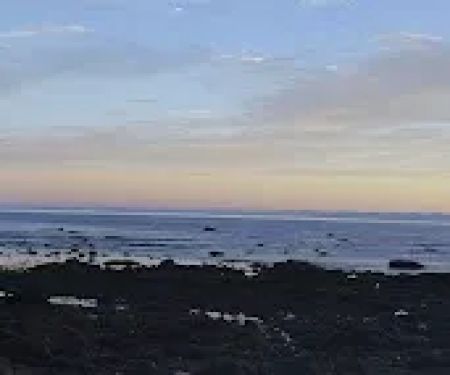 South Ozette River4.0 (5 reviews)
South Ozette River4.0 (5 reviews)Clallam Bay, WA 98326, USA
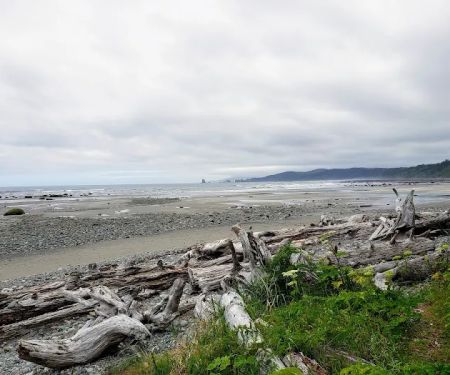 North Ozette River5.0 (4 reviews)
North Ozette River5.0 (4 reviews)Clallam Bay, WA 98326, USA
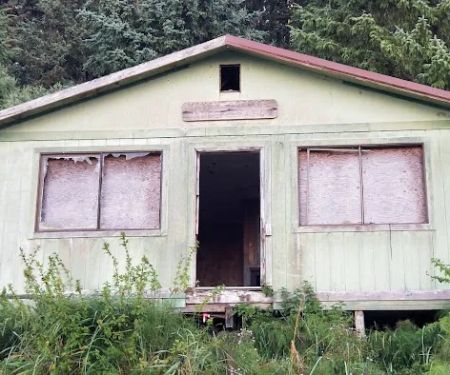 Sand Point5.0 (28 reviews)
Sand Point5.0 (28 reviews)Clallam Bay, WA 98326, USA
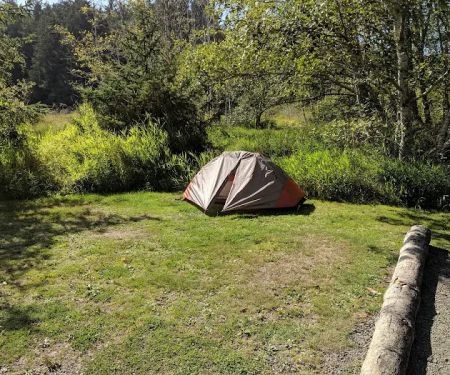 Ozette Campground4.0 (71 reviews)
Ozette Campground4.0 (71 reviews)21083 Hoko-Ozette Rd, Clallam Bay, WA 98326, USA
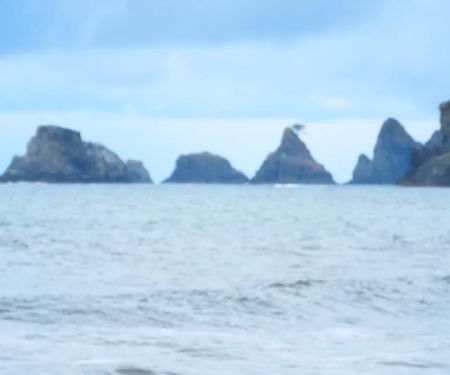 Seafield Creek5.0 (6 reviews)
Seafield Creek5.0 (6 reviews)Clallam Bay, WA 98326, USA
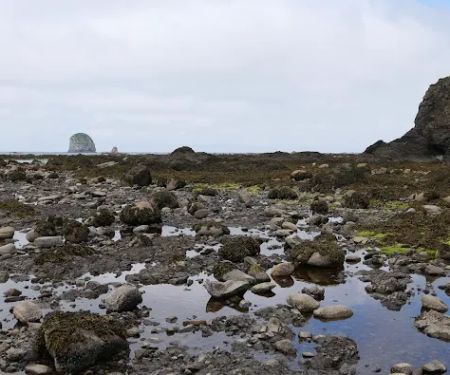 South Sand Point5.0 (5 reviews)
South Sand Point5.0 (5 reviews)Clallam Bay, WA 98326, USA
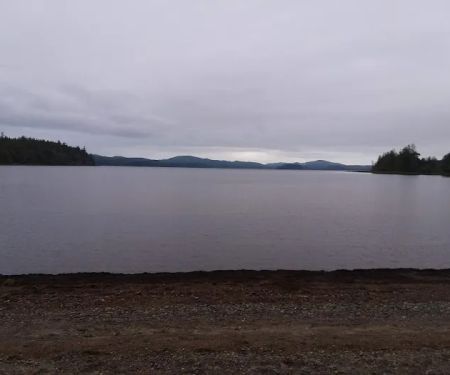 Ericson's Bay Campground5.0 (5 reviews)
Ericson's Bay Campground5.0 (5 reviews)Clallam Bay, WA 98326, USA
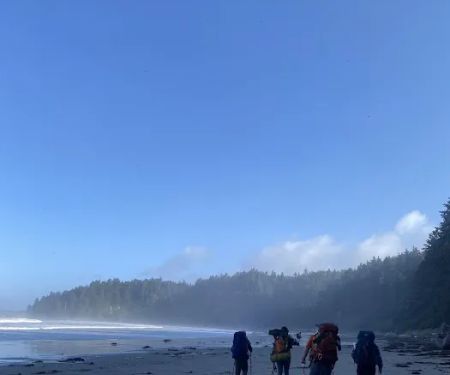 Yellow Banks4.0 (2 reviews)
Yellow Banks4.0 (2 reviews)Clallam Bay, WA 98326, USA
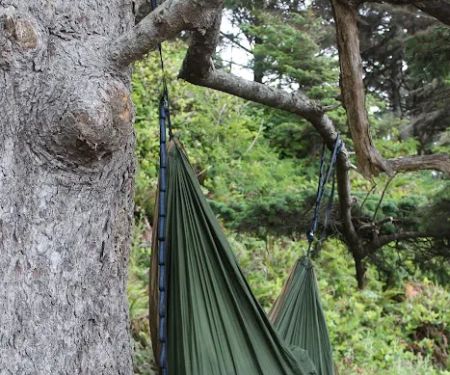 Cedar Creek4.0 (8 reviews)
Cedar Creek4.0 (8 reviews)Forks, WA 98331, USA
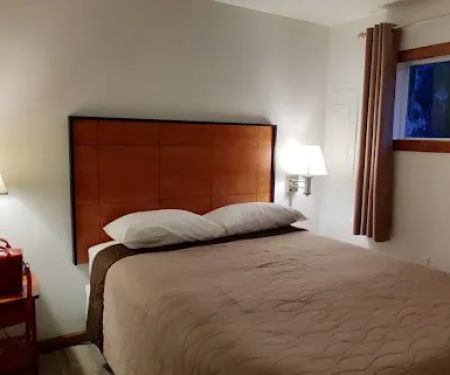 Hobuck Beach Resort4.0 (440 reviews)
Hobuck Beach Resort4.0 (440 reviews)2726 Makah Passage, Neah Bay, WA 98357, USA
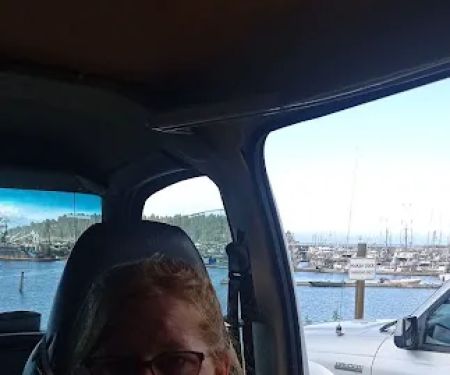 The village R V5.0 (8 reviews)
The village R V5.0 (8 reviews)1184 Bayview Ave, Neah Bay, WA 98357, USA
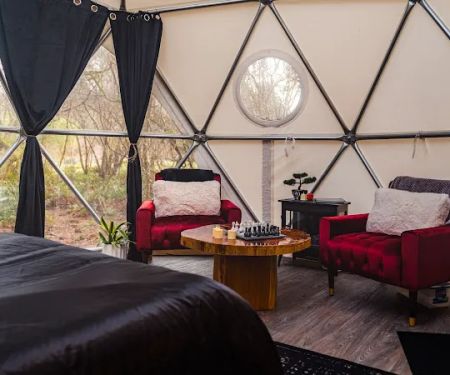 Wandering Woodlands5.0 (18 reviews)
Wandering Woodlands5.0 (18 reviews)1081 Wentworth Rd, Forks, WA 98331, USA
Categories
Top Visited Sites
 Monument Creek Manufactured Home Community4.0 (106 reviews)
Monument Creek Manufactured Home Community4.0 (106 reviews)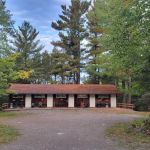 Cliff Wold's Campground4.0 (24 reviews)
Cliff Wold's Campground4.0 (24 reviews) Ponderosa RV Park0.0 (0 reviews)
Ponderosa RV Park0.0 (0 reviews)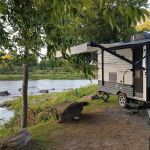 Jelly Beans Riverside Campground4.0 (117 reviews)
Jelly Beans Riverside Campground4.0 (117 reviews)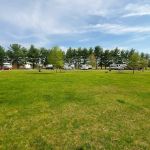 Willow Pond RV Campground3.0 (15 reviews)
Willow Pond RV Campground3.0 (15 reviews)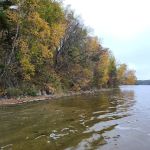 Deer Lake Campground4.0 (33 reviews)
Deer Lake Campground4.0 (33 reviews)Top Camping Searches
Trending The Campfire Posts
 How to Cook Snacks and Desserts Over a Campfire Like a Pro
How to Cook Snacks and Desserts Over a Campfire Like a Pro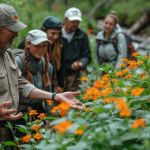 How to Identify Edible Plants While Camping – A Complete Guide
How to Identify Edible Plants While Camping – A Complete Guide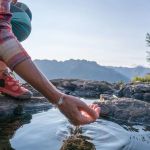 How to Find and Purify Water in the Wild for Camping Safety
How to Find and Purify Water in the Wild for Camping Safety How to Plan a Camping Trip with Teenagers | Camp Spotter
How to Plan a Camping Trip with Teenagers | Camp Spotter How to Make Camping More Comfortable for Kids: Expert Tips for Happy Family Trips
How to Make Camping More Comfortable for Kids: Expert Tips for Happy Family Trips How to Cook Pasta in Campfire Foil Packs: Easy and Delicious Outdoor Meals
How to Cook Pasta in Campfire Foil Packs: Easy and Delicious Outdoor Meals
